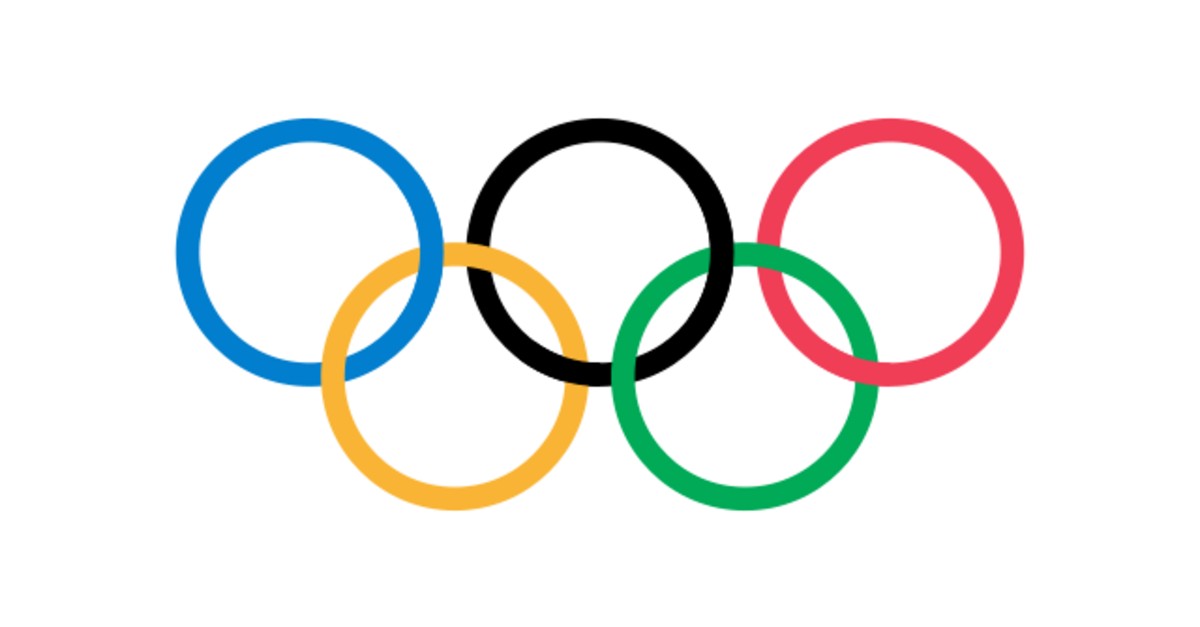Regular readers of Inquiry Insider know that I’m a big fan of the Olympics. I love the spectacle, the messages of unity and sportsmanship, and the celebration of excellence. So, naturally, I am once again neck-deep in the 2022 Winter Games. I won’t deny that a foul odor has accompanied the Beijing Olympics. Accusations of cheating and human rights abuses cast a shadow over every event. Still, I believe important lessons can be learned by watching these athletes.
For example, it struck me how many of these incredible champions had failed in the past. When figure skater Nathen Chen first qualified for the Olympics, his nervousness caused him to perform poorly, and he ended up placing 5th overall. This year, he came back and won a gold medal. Lindsey Jacobellis, an American snowboarder, won her first gold medal as well…after failing to medal in the last three Olympic games! Just think how many times these athletes missed a jump, fell short, or completely failed before they finally succeeded.
The Art of Failing Well
As teachers, we understand that failure is an important part of the learning process. Mistakes are how students grow. It also helps drive student reflection and critical thinking. If our students develop a toxic relationship with failure, it won’t be long before their academic and social maturity become stunted. They will need to embrace failure as just another stop on their learning journey. But how do we start teaching this?
Here are just a few strategies to help your students fail like an Olympian:
- React Appropriately: Nobody enjoys losing. It can be hard to put so much time and effort into something and still come up short. For students, the first step to accepting failure is learning how to work out their emotions in a healthy way. When students acknowledge how they’re feeling and allow themselves to process their thoughts, failure ceases to be something to fear. That way, they’re better equipped to view it as part of the learning experience.
- Accept Responsibility: Making mistakes isn’t a problem so long as students can learn from them. However, this requires students to reflect on their actions and accept responsibility when needed. Did they not study as much as they should have? Did they take on more work than they could handle? In some cases, their failure may be a result of events beyond their control. Help them see where they should accept responsibility and provide support in cases where life overtakes learning.
- Create Realistic Expectations: As I mentioned above, even the best athletes in the world fail at times. When students are tempted to believe the worst about themselves, remind them that even gold medal Olympians have fallen flat or feel anxiety. Failing doesn’t mean that a student isn’t smart or that they’ll never succeed. It’s just an opportunity to try again!
- Plan and Persevere: Nobody ever became an Olympic champion by giving up! Once students have identified their mistakes and what they can learn from them, they’ll be ready to construct a plan for moving forward. Remind students that there is no point in dwelling on past failures once you’ve learned from them. What matters is that they take their new knowledge and experience and use it to persevere!
Going for the Gold
Most of us will fail a couple times before we achieve anything, and that’s alright. Through reflection and perseverance, we’re able grow into better versions of ourselves. And when we finally attain that golden triumph we’ve been chasing for so long, it will largely be thanks to the lessons we learned after failing. Use these strategies to encourage your students to always keep trying and learning. Who knows? The next Olympic champion may be sitting in your classroom!

